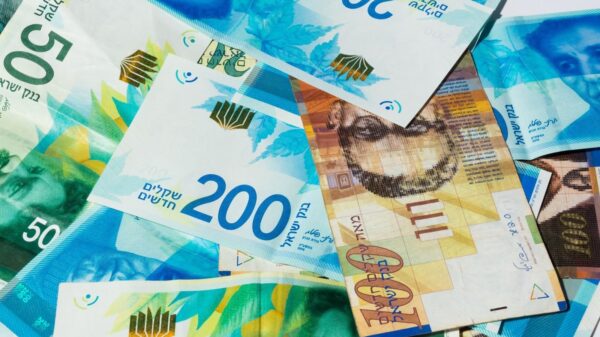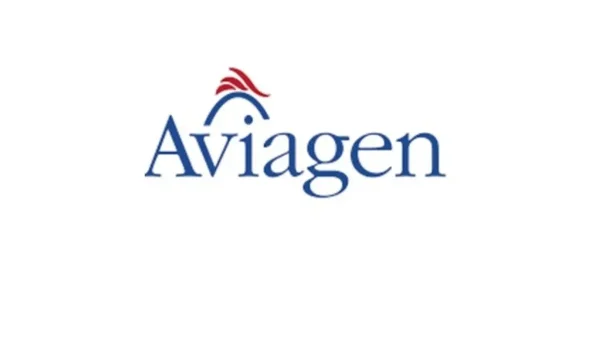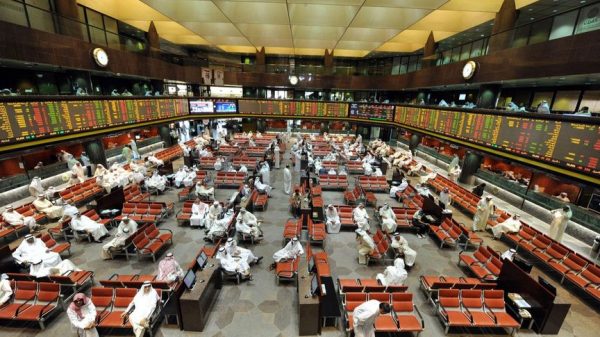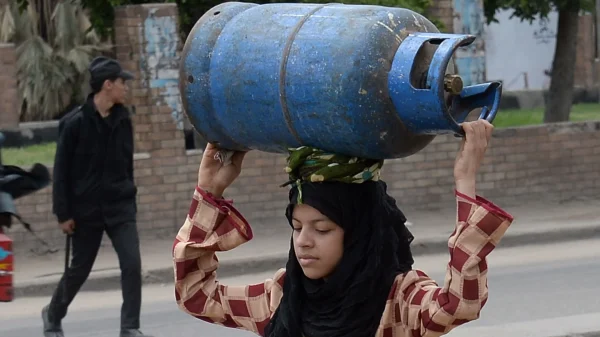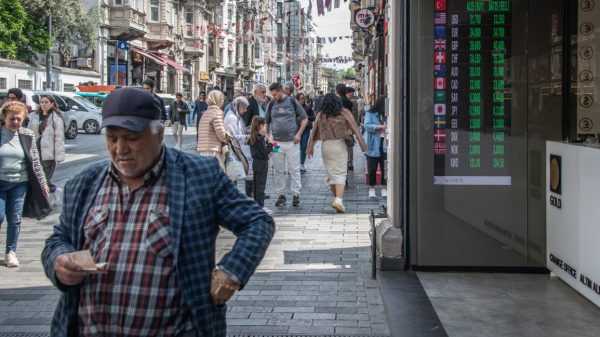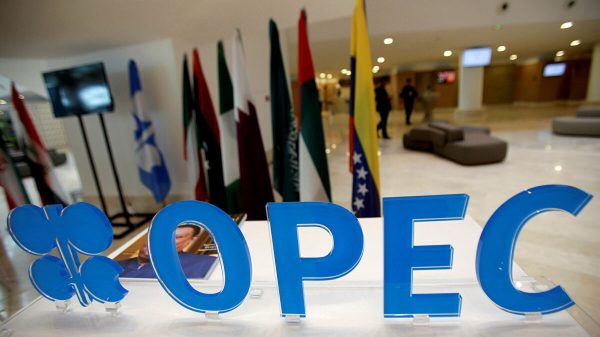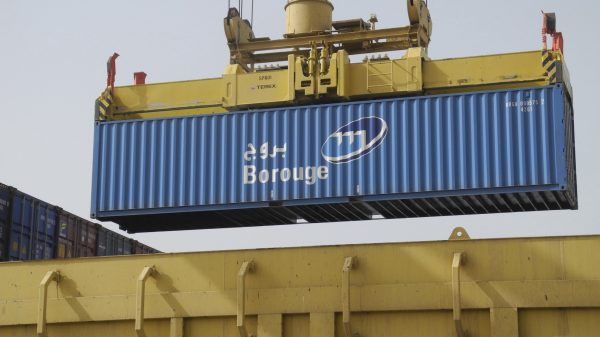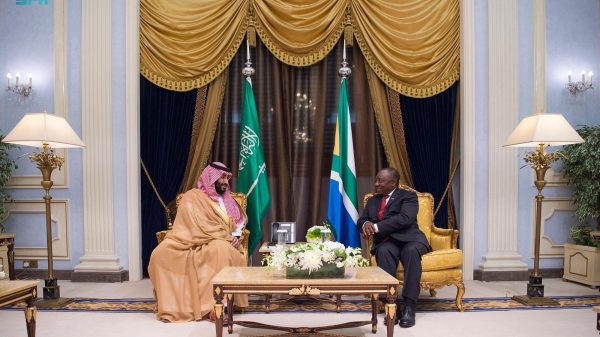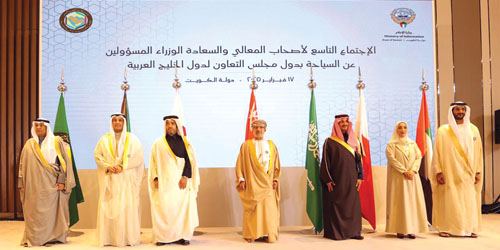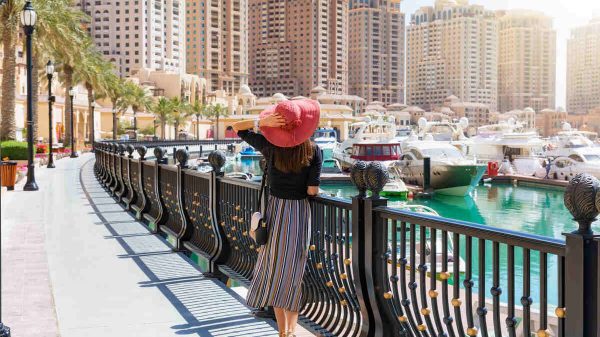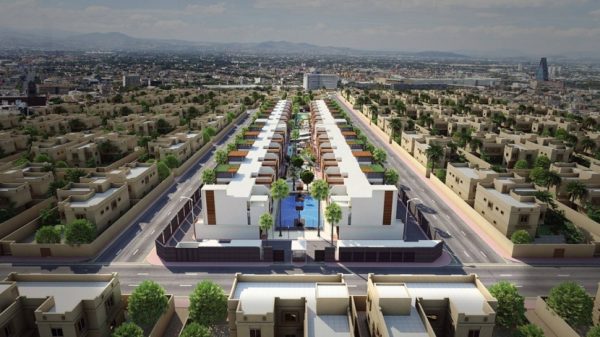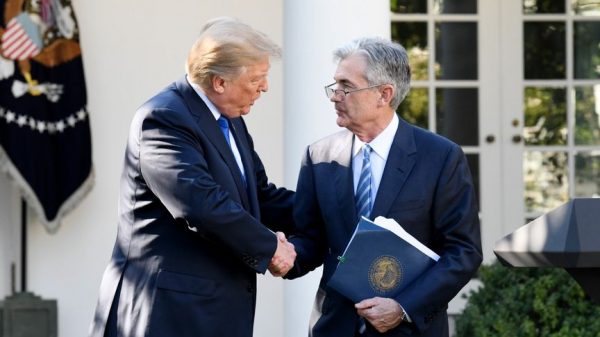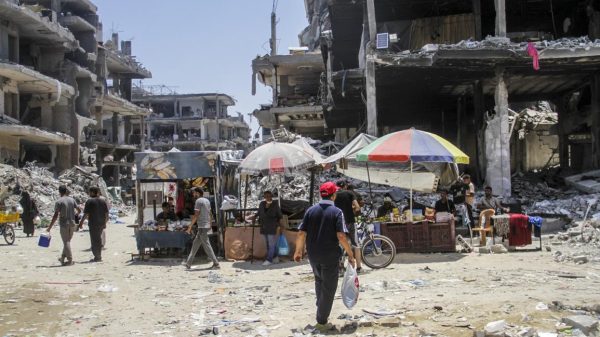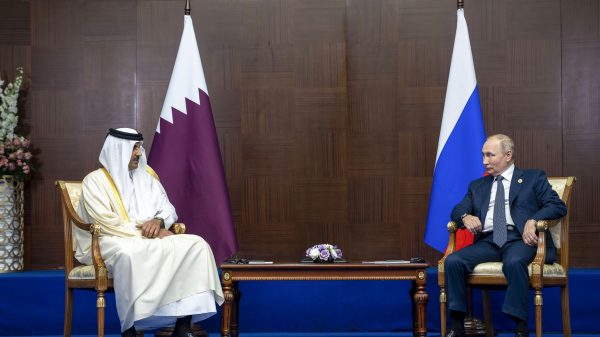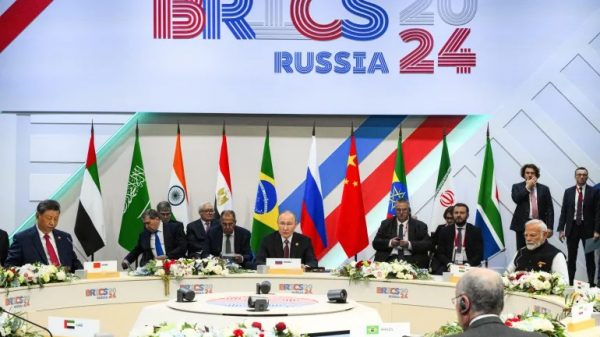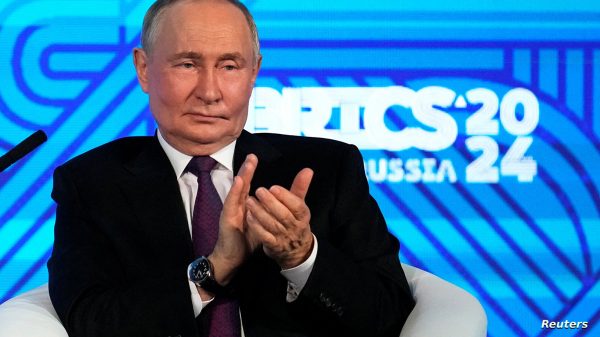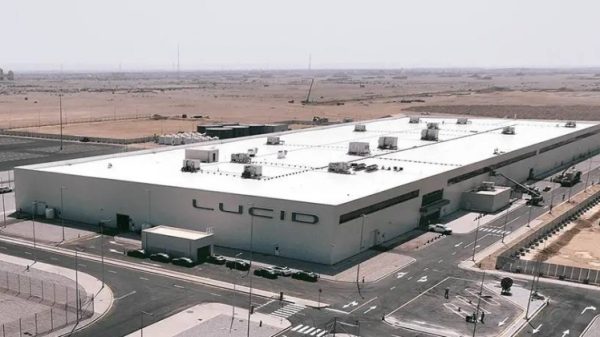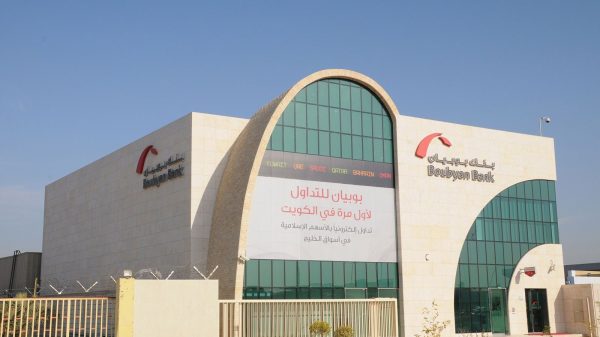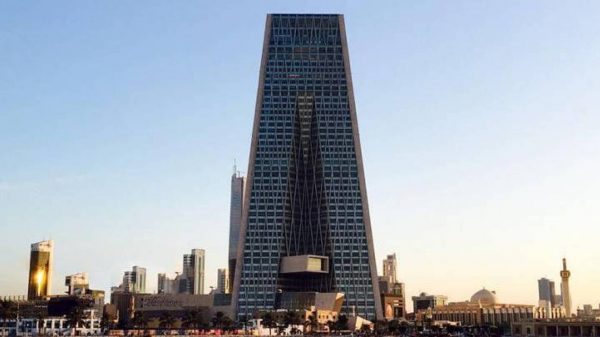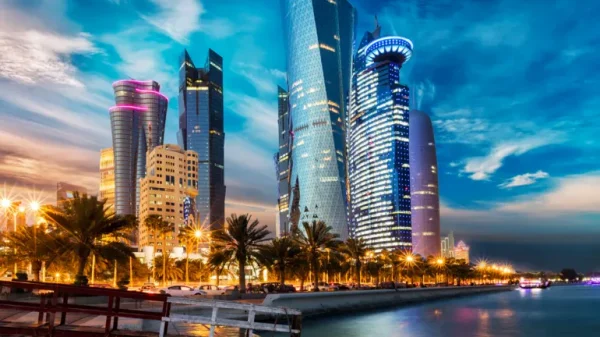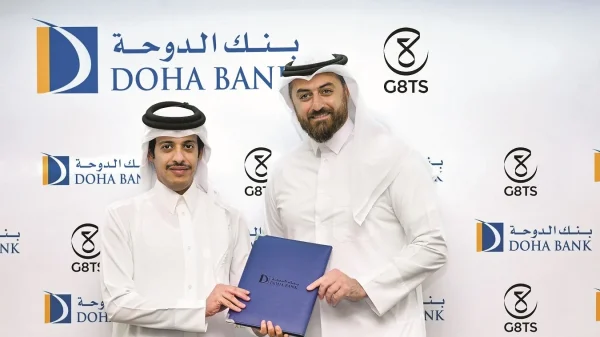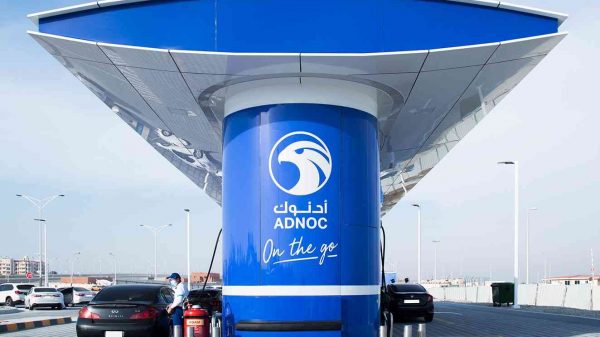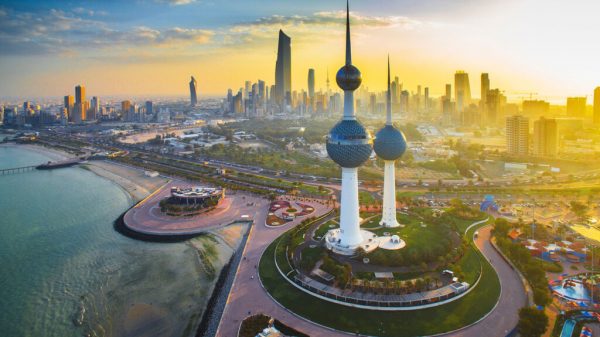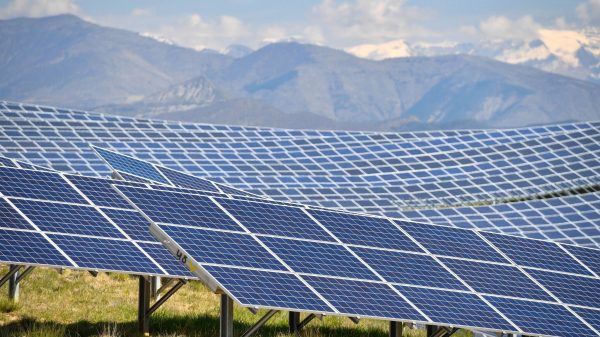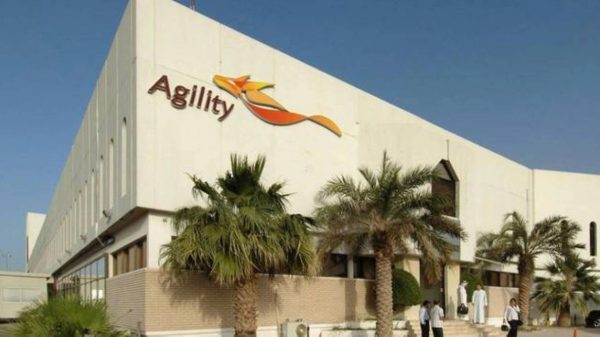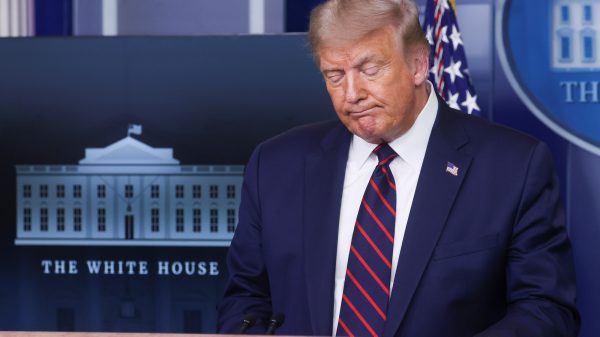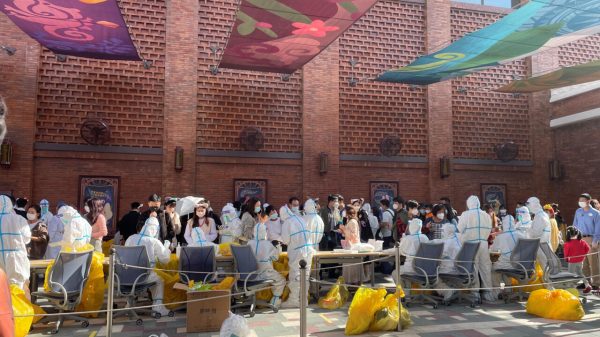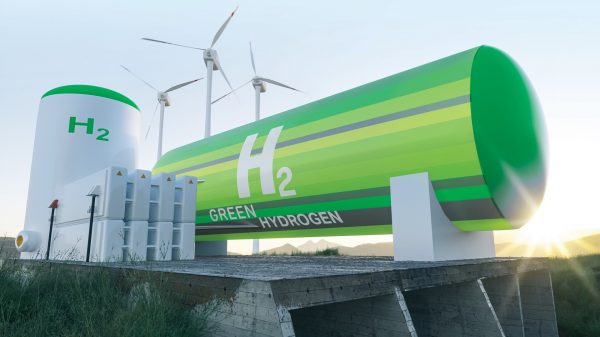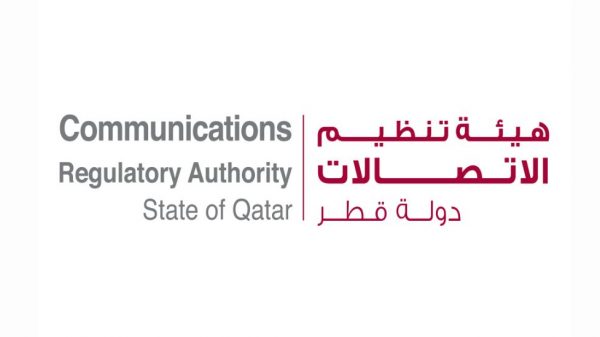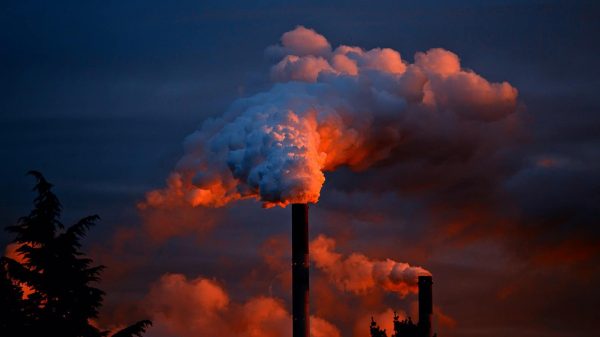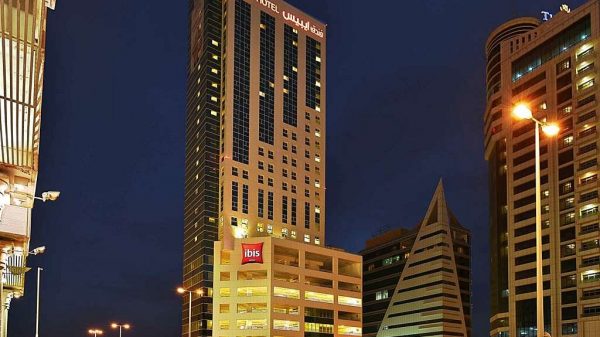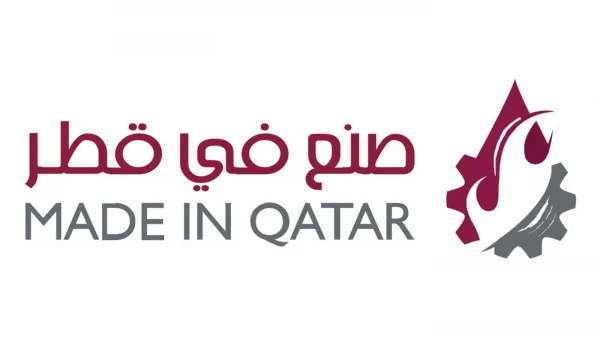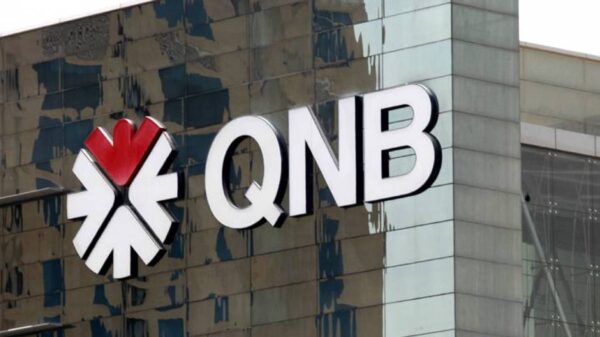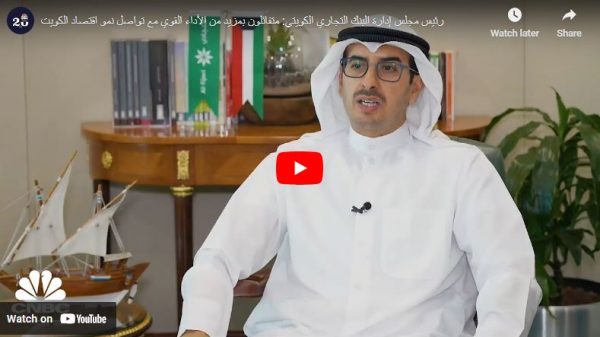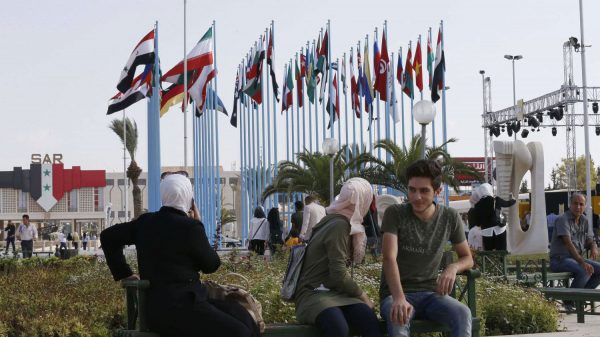On 6 May, the European Commission will present its new long-term budget, including its proposal for an EU coronavirus financial recovery plan. The numbers are still officially under wraps, but a leaked memo proposes a budget of up to €2 trillion.
Once the budget is passed and some sticky issues worked out, billions of euros of collective public monies will be invested to restart Europes economy, as countries emerge step-by-step from lockdown. The level of investment is set to spark a once-in-a-generation opportunity to reshape the direction of our societies and to resonate in countries far from Europe. The EU now has a genuine chance to invest in ways that jointly address the current health crisis, the economic crisis the pandemic has triggered, and the ongoing climate crisis that will otherwise drive our next health emergencies.
[contfnewc]
[contfnewc]
[contfnewc]
Back in March, EU countries committed to work together, forging a general agreement to align coronavirus economic recovery efforts with progress on climate change. This was followed in early April by an open letter, sent by 10 EU countries – Sweden, the Netherlands, Italy, Spain, Austria, Denmark, Finland, Portugal, Latvia and Luxembourg – to the Commission, calling for any EU COVID-19 recovery funding to support the European Commissions Green Deal strategy to embrace a low carbon future.
Some European countries – and in particular cities – are not sitting on their hands, but are looking for opportunities to reshape policy, as well as how people will live and work in a world changed by coronavirus. Milan is transforming an incredible 35km of streets – which in the past have been dominated by cars and pollution – into a future zone where people can walk and ride bicycles safely. Hard-hit Italy has additional proposals in the works and similar plans are rolling out in Berlin, Dublin and elsewhere. Spain, another country suffering badly from coronavirus impacts, is introducing universal basic income this month.
The EU now has a genuine chance to invest in ways that jointly address the current health crisis, the economic crisis the pandemic has triggered, and the ongoing climate crisis that will otherwise drive our next health emergencies.
Jeni Miller[contfnewc]
Executive Director of the Global Climate and Health Alliance[contfnewc]
[contfnewc]
[contfnewc]
[contfnewc]
The City of Amsterdam has enlisted economist Kate Raworths concept of “Doughnut Economics” to rethink how the city can be kept in balance with the planet post-lockdown, based on the UNs sustainable development goals for what is necessary for a good life: good food, clean air and water, appropriate housing and sanitation, sustainable energy, education and healthcare, gender equality, and income and political representation.
However, the responses of many EU countries to the pandemic are not entirely coherent when it comes to the consideration of climate and environmental implications. And while the majority of the bloc, along with the EU Commission, are pushing to commit to net zero emissions by 2050, Poland – because of its coal industry – continues to holdout, tying the EUs hands for the moment. Meanwhile, under thinly-veiled pretence of COVID-19 “relief,” climate change-driving industries like car manufacturers, airlines, energy companies and fossil fuel companies continue to lobby the EU and countries for bailout funds, tax relief, relaxing of environmental regulations, and delay of climate policies – sometimes successfully.
[contfnewc]
[contfnewc]
A healthy and safe COVID-19 recovery requires that countries fully commit to investing and rebuilding for a sustainable future, one that protects us and our children from health crises driven by climate change and other human pressures on our environment. We must invest in our healthcare and public health systems, making them resilient to emerging health issues, and growing their capacity to respond to climate change.
Job stimulus funds are an extraordinary opportunity to help energy sector workers make a just transition to working in renewable energy, making buildings more energy efficient, and other important, forward-looking work.
Jeni Miller[contfnewc]
Executive Director of the Global Climate and Health Alliance[contfnewc]
[contfnewc]
[contfnewc]
[contfnewc]
With oil prices low, this is a ripe moment to eliminate fossil fuel subsidies in favour of renewables. Support for carmakers, shipping companies and airlines should be tied to strong and verifiable commitments to reduce the greenhouse gas emissions they and their products generate. Its already happening; the French government has demanded that Air France cut carbon emissions by half by 2030, in return for a €7 billion bailout.
The vitally important food and agriculture sector needs investments that support the food supply, while fostering a transition to healthier diets and a more sustainable food system – as promised by the EUs Farm to Fork strategy. Job stimulus funds are an extraordinary opportunity to help energy sector workers make a just transition to working in renewable energy, making buildings more energy efficient, and other important, forward-looking work. These are areas where we can reap multiple health benefits, including a more stable climate future.
As a medical doctor, EU Commission President Ursula von der Leyen clearly understands the pressure countries are under due to the pandemic. Health must be central as well in the EU’s pandemic recovery plans, and that means making it a green recovery, building a sustainable future. All EU member states must back this vision.
This is a unique opportunity to reshape our society and our economy: it is now the time to fundamentally change the way we travel, trade, power our communities, and produce food and goods.
Jeni Miller[contfnewc]
Executive Director of the Global Climate and Health Alliance[contfnewc]
[contfnewc]
[contfnewc]
[contfnewc]
Health and environmental groups have been calling upon the EU to ensure that its response responds both to the immediate health crisis of the pandemic and keeps Europe on the path to a healthy society and sustainable economy, aligned with the European Green Deal, and indeed have mapped out steps for how to accomplish this.
The COVID-19 pandemic, having exacted a terrible toll in human lives and economic disruption, has shown us our resources and time are not infinite, that when needed we can and must make swift changes to protect peoples health. This is a unique opportunity to reshape our society and our economy: it is now the time to fundamentally change the way we travel, trade, power our communities, and produce food and goods.
Only a global green recovery can sustain a safe and healthy future for all. We call on European leaders to choose a sustainable path for our planet, to prevent further crises and protect lives.


